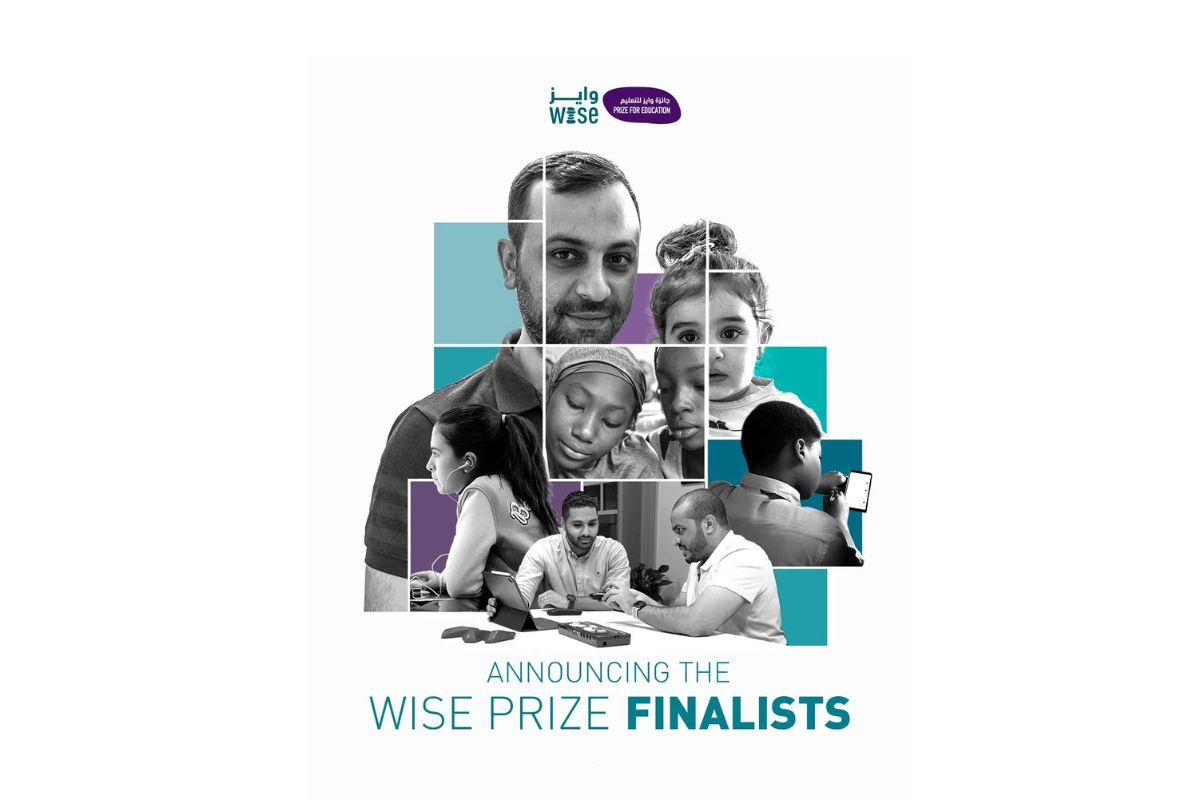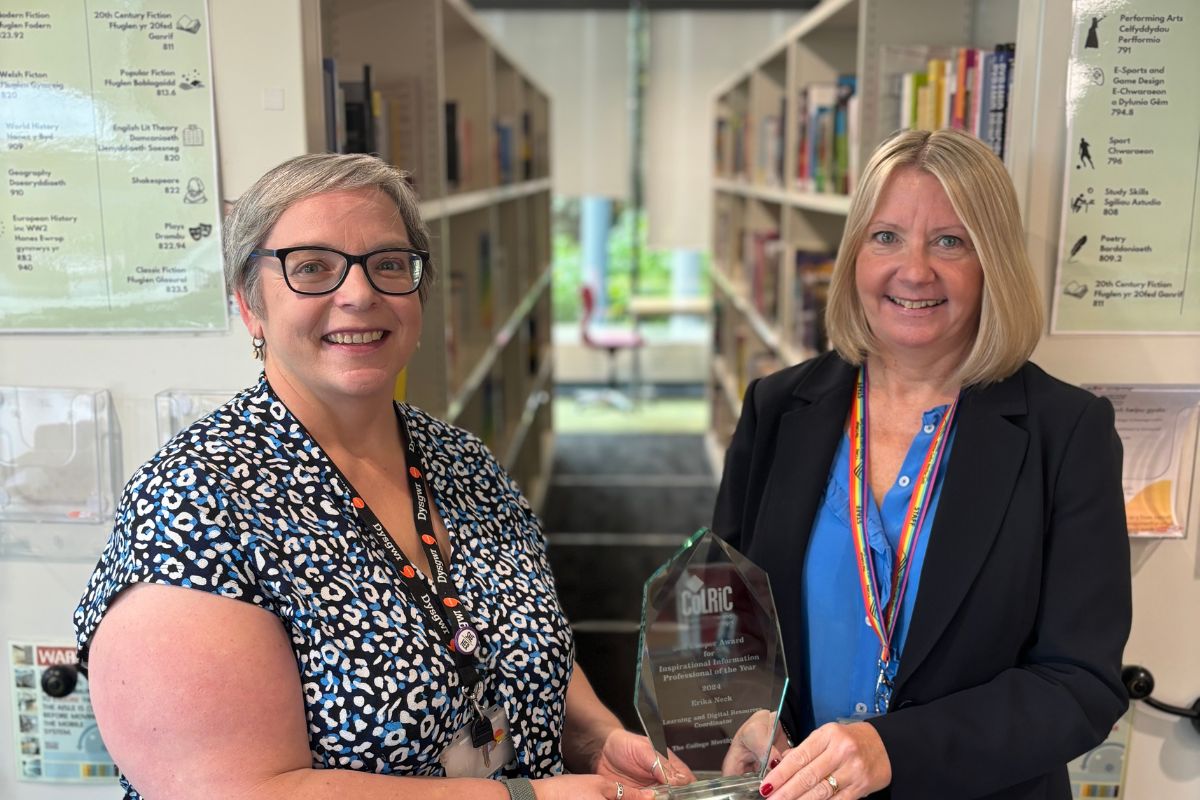Weston College Virtual Classroom project wins Jisc Beacon Award

Weston College (@westoncollege) has been recognised for its pioneering Virtual Classroom project, which has improved the lives of its learners and teachers by boosting their digital skills.
The college’s innovative work has won this year’s Association of Colleges’ Beacon Award, sponsored by Jisc, for its effective use of digital technology in further education.
Weston College provides education and vocational training to approximately 30,000 enrolled learners annually from age 14 to adult across three main campuses and several satellite centres. Using the concept of ‘classroom fusion’ to create a Virtual Classroom, the college has revolutionised online teaching and learning by replicating the feel and interaction of the classroom when learners may be geographically spread.
“Weston College won this award by reimagining online learning for the future,” says Paul McKean, director of further education and skills at Jisc, and a member of the Beacon Award judging panel. “Excellent learner and staff feedback demonstrated the impact this model has had, with clear positive effects on attendance and engagement, especially with lower-level learners. This is a great example of a college of the future that will provide learners with the digital skills required by the world of work.”
Born out of a college-wide focus on inclusion and innovation, Virtual Classroom is part of Weston College’s plan to create a blueprint of remote teaching excellence for a “college of the future” model that can be replicated across the further education sector. It has created an immersive learning environment that also fosters the development of multi-skilled teachers for the future.
Virtual Classroom has enabled the college to increase learners’ engagement and participation through building learner-centric online communities and extending remote and blended learning excellence.
“By embedding digital capabilities in study programmes, the college has ensured digital practices and skills development are now a key aspect of the student experience,” says McKean. “As a result, Weston College learners are skilled digital practitioners, ideally placed to fill employers’ digital skills gaps.”
The college has also prioritised the upskilling of its workforce, which it says is key to attracting, motivating and retaining staff. Digital inclusivity and digital pedagogy are key components of development programmes for academic staff, who now have the capability and confidence to operate seamlessly between physical and virtual teaching environments.











Responses